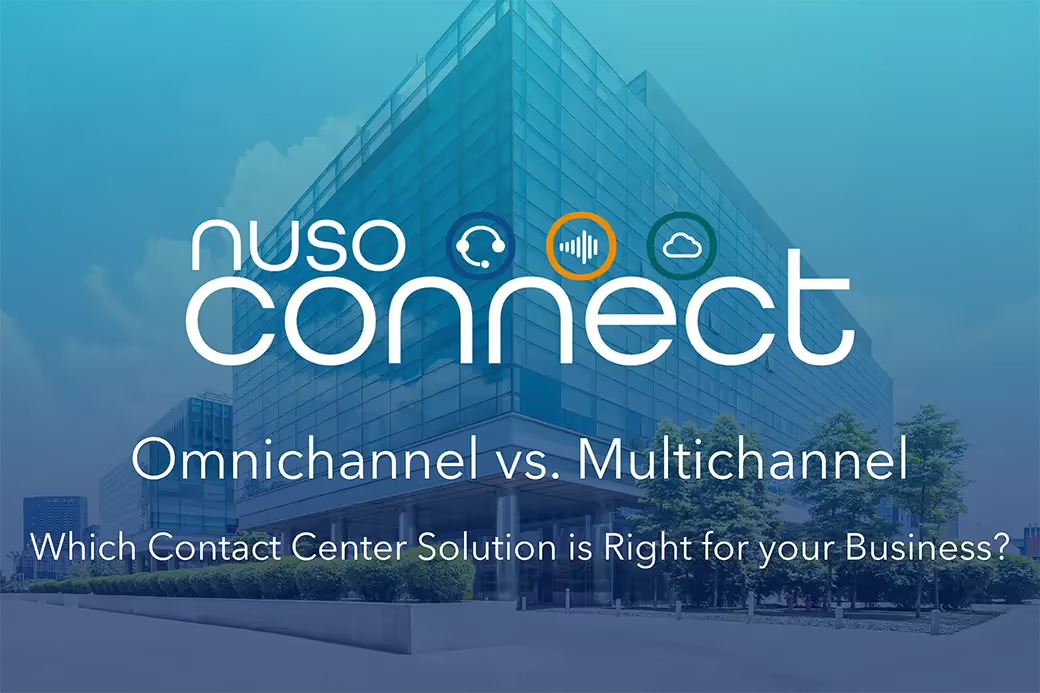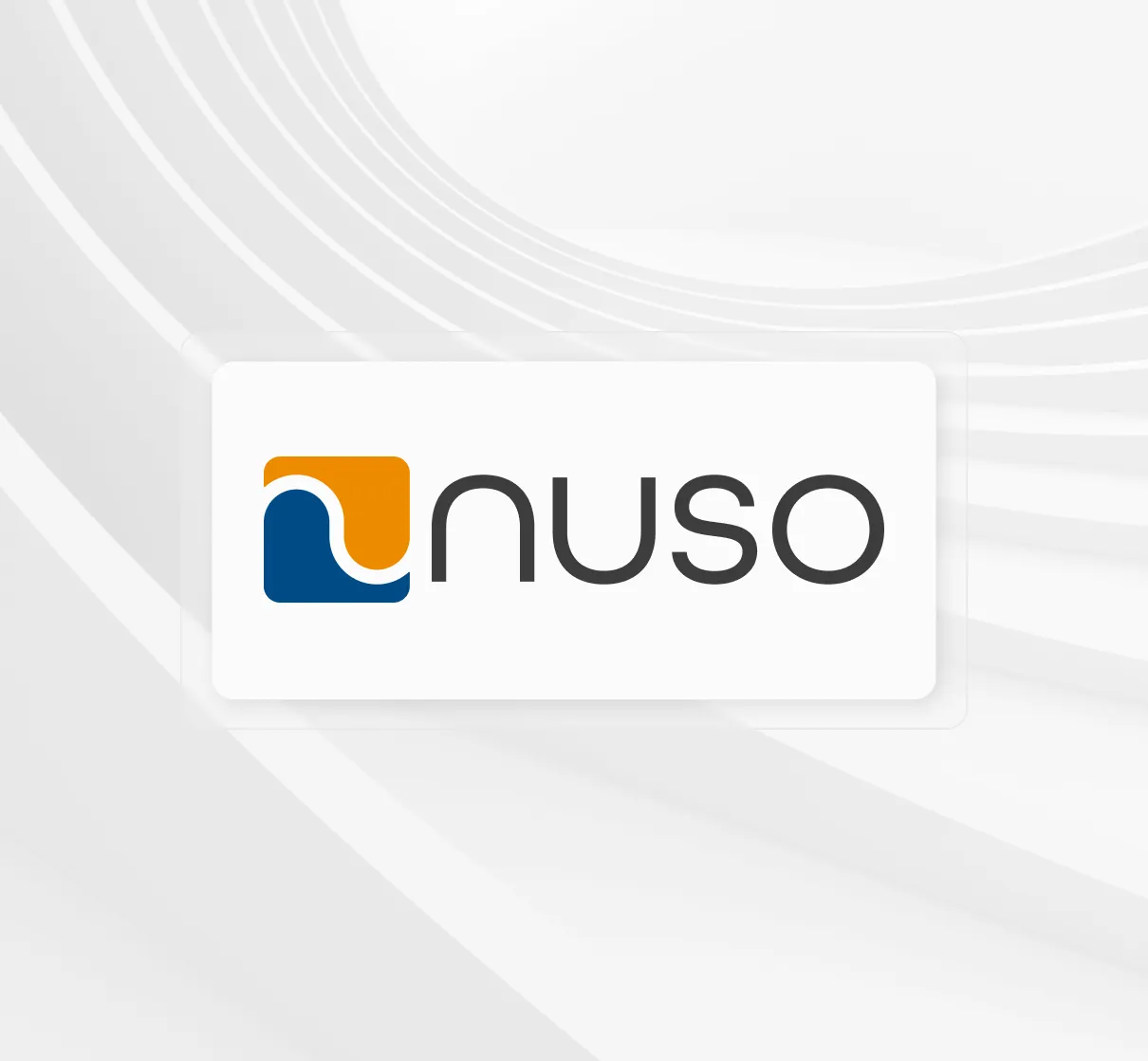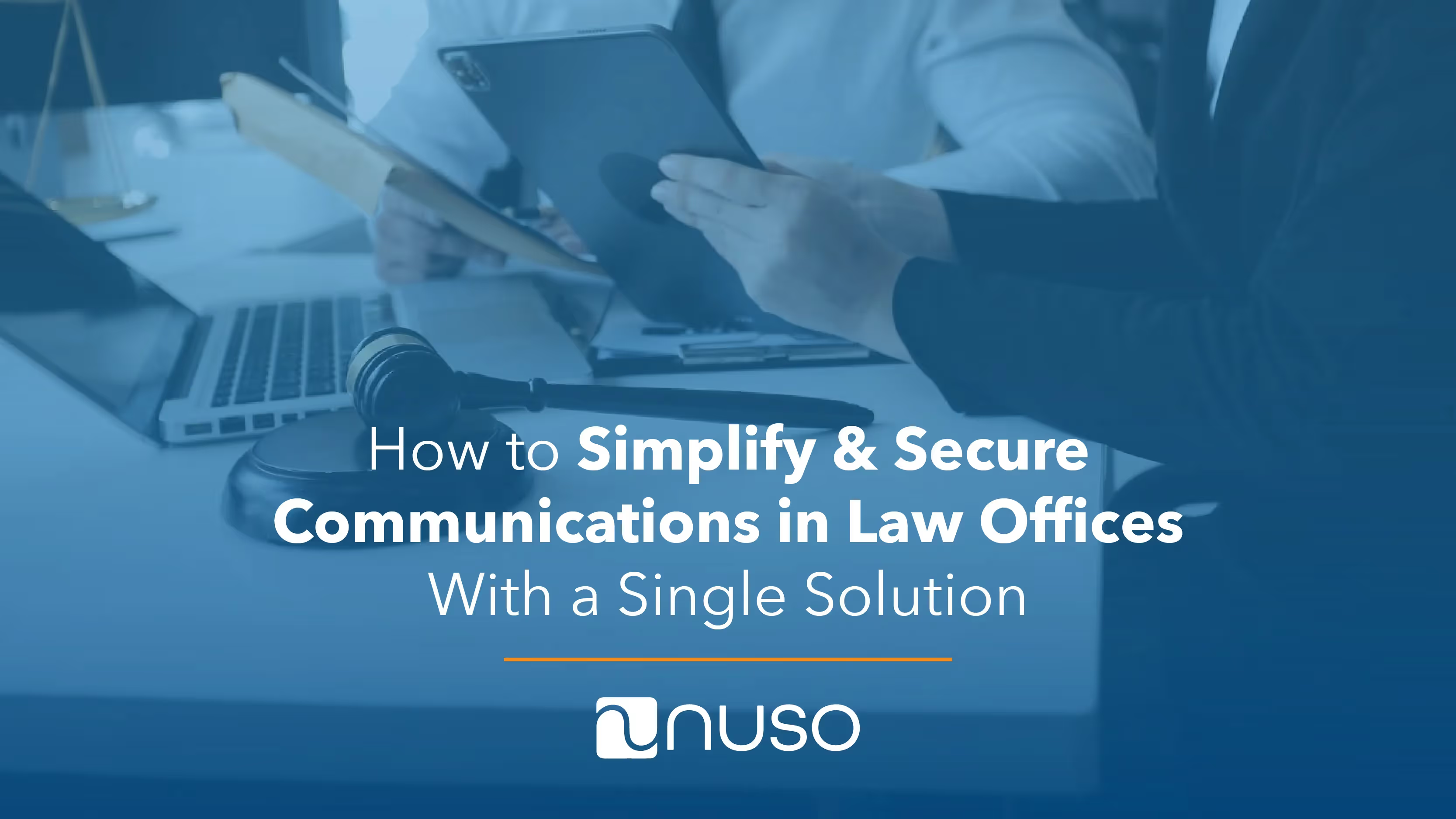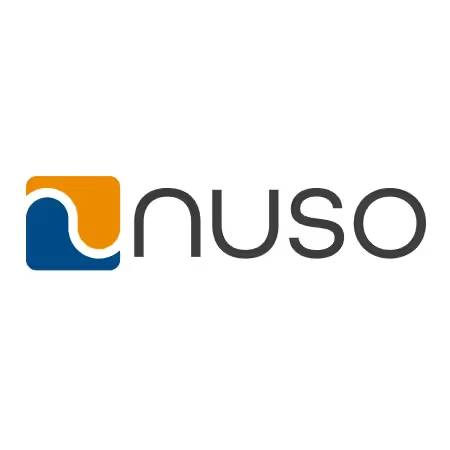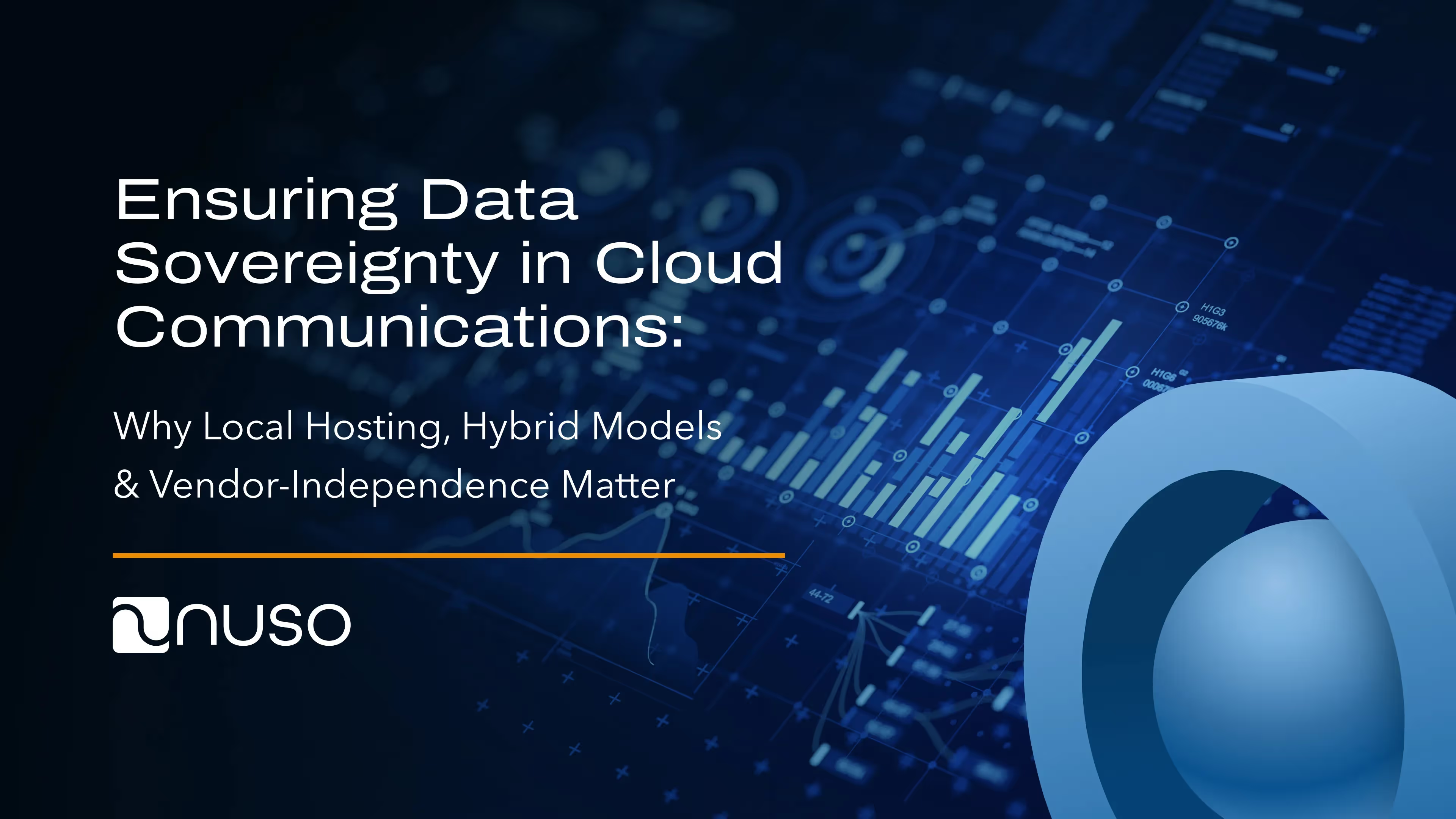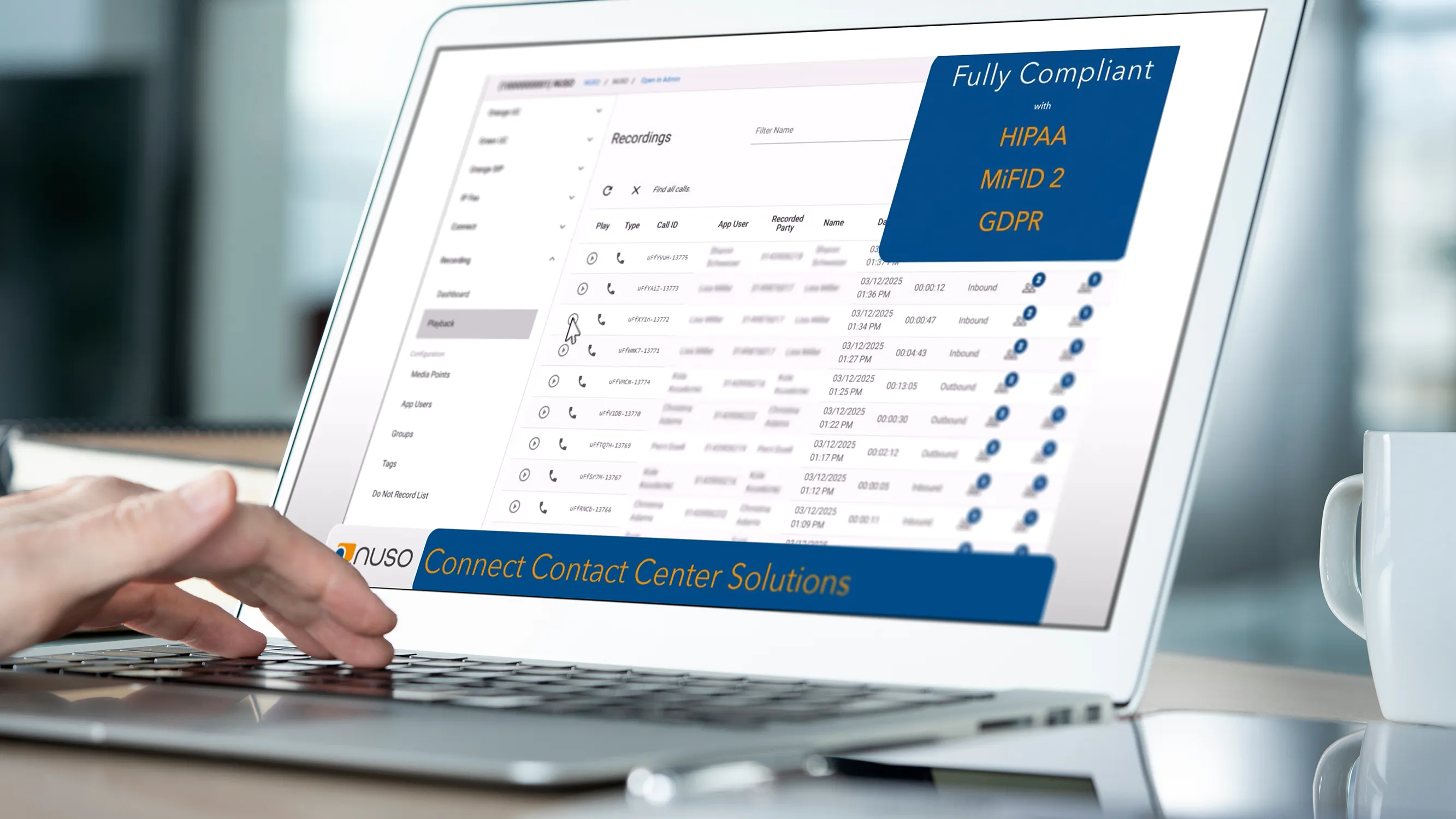Omnichannel vs Multichannel Contact Center Solutions
The evolution of contact center technology has been accelerated by the rise of platforms like Microsoft Teams™ and Zoom™ in the communications market. Businesses now require seamless integration across various communication channels—including voice, messaging, video, and file sharing—alongside AI-driven tools that enhance the customer experience with personalized interactions.Modern Contact Center solutions—on-premise, hybrid, or as a Service (CCaaS)—must function as interconnected, dynamic systems rather than isolated silos. This shift ensures that businesses can meet evolving customer expectations by providing consistent and intelligent service across multiple communication channels.Avaya’s recent announcement has sown further confusion into a rapidly evolving contact center technology market, particularly in the SME space.
Avaya Ends Support for Contact Centers Under 200 Seats
Avaya has announced a significant change affecting smaller contact centers. According to UC Today, Avaya will no longer support contact centers with fewer than 200 seats. For businesses currently using Avaya’s contact center solutions, there are two options:
- Scale up by increasing subscriptions to at least 200 agent seats.
- Opt-out by terminating the subscription and migrating to another solution. Written notice must be provided by June 30, 2025.
This shift underscores the importance of choosing the right contact center solution that aligns with your business needs.
Omnichannel vs. Multichannel Contact Centers
The terms omnichannel and multichannel are often used interchangeably, leading to confusion. However, they represent distinct approaches to customer interaction:
- Multichannel Contact Centers: Offer multiple communication channels, but each exists in a separate silo with little integration.
- Omnichannel Contact Centers: Provide fully integrated channels, allowing seamless transitions and data flow between interactions.
For example, in an omnichannel setup, a customer starting with a webchat inquiry can transition to a video call without losing any contextual information. This continuity enhances the customer experience by eliminating the frustration of repeating information to multiple agents.
4 Key Differences Between Omnichannel and Multichannel Contact Centers
- Simplicity of Tech Integrations
Omnichannel contact centers enable effortless API integrations. This makes it easier to incorporate analytics and AI tools that enhance customer experience. While on-premise or hybrid omnichannel solutions are powerful, cloud-based implementations tend to be more scalable and adaptable.
- Seamless Channel Shifting
Omnichannel systems allow agents to transition conversations between channels effortlessly. For example, a customer inquiry can escalate from live chat to a voice call while retaining all prior interactions. This functionality significantly reduces customer frustration and improves resolution times.
- Personalization and Data Access
Omnichannel platforms provide agents with a complete history of customer interactions, allowing for more personalized service. This data access is invaluable for both customer support and sales, enabling targeted engagement strategies based on purchase history and preferences.
- Cost Considerations
Multichannel solutions are more affordable, but scaling a multichannel contact center can be more expensive compared to an omnichannel solution, where centralized data and AI-driven automation streamline operations.
Similarities Between Omnichannel and Multichannel Contact Centers
Despite their differences, both solutions share some common advantages:
- Improved Customer Experience: Both models allow businesses to move beyond single-channel interactions, improving accessibility and responsiveness.
- Customer Empowerment: Both solutions provide customers with the flexibility to choose their preferred communication channels, enhancing satisfaction and engagement.
NUSO Connect
NUSO offers two flexible options for contact center software, both of which are certified for use with Microsoft Teams and unified communications platforms. AND both enjoy the same responsive, human-based 24/7 support; 5 seats or five thousand.
NUSO Connect for Business is a cost-effective, reliable, voice-centric and user-friendly option that prioritizes simplicity over complex, one-size-fits-all platforms. Connect for Business emphasizes flexibility and affordability.
NUSO Connect for Enterprise is a robust, omnichannel solution with the highest security standards, AI-powered bots for quality assurance and sentiment analysis, and integrations into leading CRM, ERP and WFM systems. Connect for Enterprise enhances customer service and agent efficiency, resulting in a smoother, more personalized experience.Which solution is right for your business?Article courtesy of Nick Thwaites, NUSO Head of Sales, Europe.

